Crome Yellow
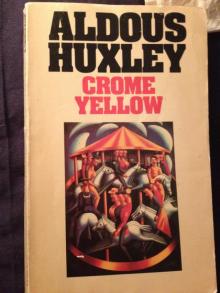

Author: Aldous Huxley
Category: Literature
Published: 1999
Series:
View: 329
Read OnlineOn vacation from school, Denis goes to stay at Crome, an English country house inhabitated by several of Huxley’s most outlandish characters–from Mr. Barbecue-Smith, who writes 1,500 publishable words an hour by “getting in touch” with his “subconscious,” to Henry Wimbush, who is obsessed with writing the definitive History of Crome. Denis’s stay proves to be a disaster amid his weak attempts to attract the girl of his dreams and the ridicule he endures regarding his plan to write a novel about love and art. Aldous Huxley’s first novel, Crome Yellow, was published in 1921, and, as a comedy of manners and ideas, its relatively realistic setting and format may come as a surprise to fans of his later works such as Point Counter Point and Brave New World. Some who know only Brave New World may not know that as a 16-year-old planning to enter medicine, Aldous Huxley was stricken by a serious eye disease which left him temporarily blind, and which derailed what certainly would have been a prominent career as a physician or scientist. Crome Yellow has often been called “witty,” as well as “talky,” and it certainly owes as much to Vanity Fair as it may, surprisingly to some, owe to Tristram Shandy, although one might think that characters such as Mr. Barbecue-Smith and his remarkable writing theories could have some literary antecedents in Lawrence Sterne. Lambasting the post-Victorian standards of morality, Crome Yellow is a witty masterpiece that, in F. Scott Fitzgerald’s words, “is too irnonic to be called satire and too scornful to be called irony.”Aldous Huxley was an English writer and one of the most prominent members of the famous Huxley family. He spent the later part of his life in the United States, living in Los Angeles from 1937 until his death in 1963. Best known for his novels and wide-ranging output of essays, he also published short stories, poetry, travel writing, and film stories and scripts. Huxley was a humanist and pacifist, but was also latterly interested in spiritual subjects such as parapsychology and philosophical mysticism. He was also well known for advocating and taking psychedelics. By the end of his life Huxley was considered, in some academic circles, a leader of modern thought and an intellectual of the highest rank.
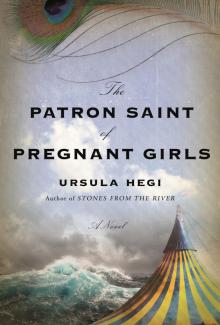 The Patron Saint of Pregnant Girls
The Patron Saint of Pregnant Girls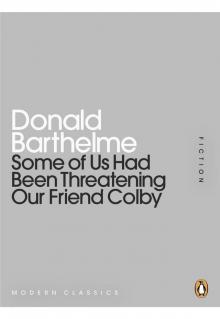 Some of Us Had Been Threatening Our Friend Colby
Some of Us Had Been Threatening Our Friend Colby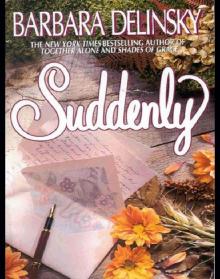 Suddenly
Suddenly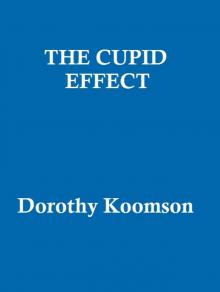 The Cupid Effect
The Cupid Effect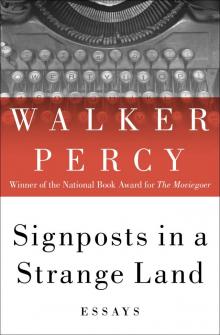 Signposts in a Strange Land
Signposts in a Strange Land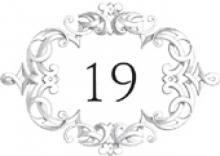 The Fairest of Them All
The Fairest of Them All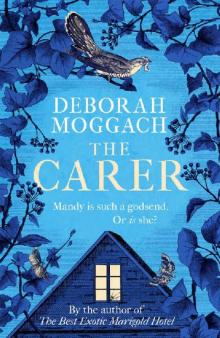 The Carer
The Carer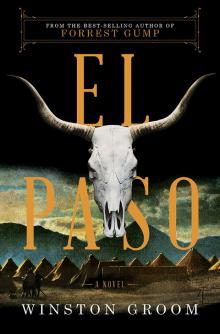 El Paso
El Paso